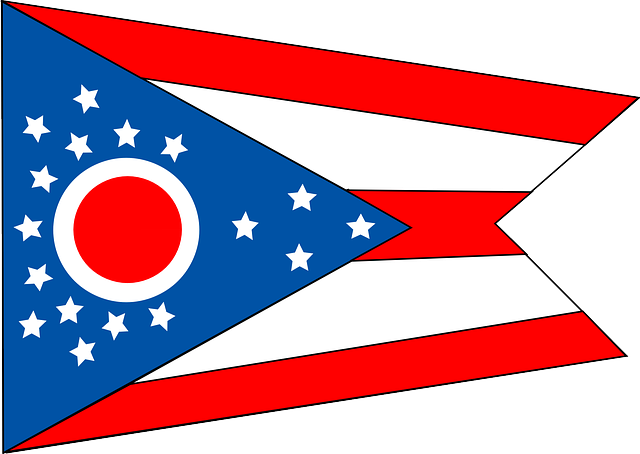Share This Article:

Columbus, OH (WorkersCompensation.com) -- In Ohio, not everyone who was in a relationship with a deceased worker is considered a family member potentially entitled to death benefits under the state’s workers’ compensation laws. On the other hand, an individual who lived with but was not married to the worker, may, depending on the circumstances, be able to show she was a family member for purposes of claiming benefits.
The first limitation on those seeking death benefits in Ohio is that such benefits are payable only to persons who, at the time of injury, were dependent for their support—in whole or in part—on the deceased employee. R.C. 4123.59.
Those presumed to be wholly dependent are:
(1) A surviving spouse who was living with the employee at the time of death;
(2) A surviving spouse who was separated from the employee at the time of death because of the aggression of the employee;
(3) A child under the age of eighteen years, or twenty-five years if pursuing a full-time educational program while enrolled in an accredited educational institution and program, or over said age if physically or mentally incapacitated from earning; and
(4) A surviving natural parent with whom the decedent was living at the time of the decedent's death.
Those not entitled to the presumption of dependency, but who may be found to be dependent, based on the particular circumstances of the case at the time of injury, are:
(1) A person who bears to the deceased employee the relation of surviving spouse, lineal descendant, ancestor, or brother or sister; or
(2) A person who is a member of the deceased employee’s family.
Workers' Comp 101: Although Ohio's workers' compensation law does not explicitly define "family member," Black's Law Dictionary does. According to that source, a "family" is: 1) a group of persons connected by blood, by affinity, or by law, especially within two or three generations; 2) a group consisting of parents and their children; and 3) by extension, a group of people who live together and usually have a shared commitment to a domestic relationship.
Determining 'Family Members'
As for the second category above, the workers’ compensation law does not explain who is a family member. According to the Ohio Supreme Court in State Ex rel. McDonald v. Industrial Comm’n of Ohio, No. 2022-0143 (Ohio 05/17/23), the concept of “family member,” however, is not limited to blood relations.
In State Ex rel. McDonald, the employee died in a ditch collapse at work in 2019. The claimant who survived him asserted that she was a family member because, among other things: she and the deceased, at the time of the collapse:
--> Were in a long-term relationship
--> Were engaged and intended to marry
--> Had two kids together
--> Shared responsibility for bills and a mortgage
--> Relied primarily on the deceased for financial support
The Ohio Supreme Court stated that under R.C. 4123.59(D), a claimant may be entitled to benefits if she is a family member of the deceased, even though she is not a surviving spouse, lineal descendent, ancestor, or brother or sister.
“Thus, marital status is not determinative of whether a person is eligible to receive death benefits …—any person may be eligible if it is determined that the person is ‘a member of the family of the deceased employee’ under the facts of the particular case,” the court wrote.
The court in State Ex rel. McDonald remanded the case to a lower court to determine whether the claimant was a member of the deceased worker’s family and, if so, the extent of her dependency on the deceased for her means of support.
AI california case management case management focus claims compensability compliance courts covid do you know the rule emotions exclusive remedy florida FMLA glossary check Healthcare health care hr homeroom insurance insurers iowa leadership medical NCCI new jersey new york ohio osha pennsylvania roadmap Safety state info technology texas violence WDYT west virginia what do you think women's history women's history month workcompcollege workers' comp 101 workers' recovery Workplace Safety Workplace Violence
Read Also
- Apr 27, 2025
- Frank Ferreri
- Apr 27, 2025
- Chris Parker
About The Author
About The Author
- Chris Parker
More by This Author
Read More
- Apr 27, 2025
- Frank Ferreri
- Apr 27, 2025
- Chris Parker
- Apr 27, 2025
- Chris Parker
- Apr 25, 2025
- Liz Carey
- Apr 24, 2025
- Frank Ferreri




